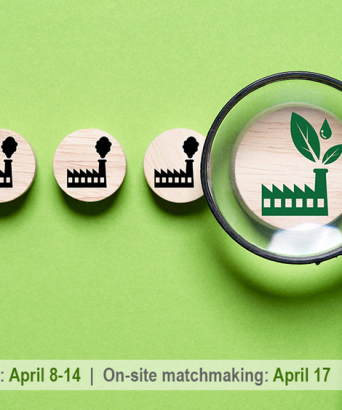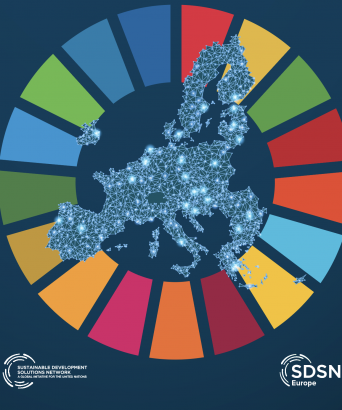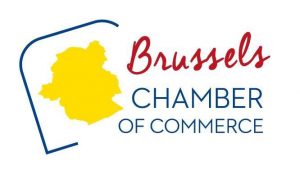On 30 March, the European Commission published a Circular Economy package “on making sustainable products the norm”. The package includes legislative proposals neither yet adopted nor in force, but it sets a clear direction: sustainability!
What does sustainability means for my product ?
Sustainability was defined by the United Nations (UN) as “meeting the needs of the present without compromising the ability of future generations to meet their own needs.” Unfortunately several signs and statistics show that our current way of life is not sustainable in terms of use (and dependence of) of resources, pollution, impact on biodiversity and climate change. But circular economy allows decoupling our economic growth from natural resource use and environmental degradation.
Concretely, “the initiatives on sustainable products aim to ensure that by 2030 a significant part of products available to EU consumers will be designed to be durable and energy- and resource efficient, reparable, recyclable, and with preference for recycled materials.”
What’s coming?
The European Commission proposes to extend the EU eco-design framework to almost all products placed on the Single Market or put into service. Currently the eco-design directive applies to energy-related products but already allowed for a 10% lower annual energy consumption by the products in scope, comparable to the energy consumption of Poland. Concretely, if and when the new proposal is adopted :
- New requirements will be set per category of products, with an action plan targeting the most urgent ones, especially in the electronic sector.
- All regulated products will have Digital Product Passports informing back the product composition and facilitating repair and recycling.
- The destruction of unsold consumer goods will be prevented.
- Mandatory requirements for green public procurement will be set.
The package also includes:
- 2 strategies to make textiles and construction products more sustainable
- New proposed rules for better information of consumers, protection against greenwashing and the “right to repair”.
This will ensure a level playing field between products having to respect all requirements. The European Commission also plans further guidance and support mechanisms for for circular business models.
See the Factsheet on Sustainable products initiative.
What does this means for my business?
These rules are neither yet adopted nor in force, but the direction is clear. Moreover, consumers and investors are more and more pushing for such approach, so your reputation is at stake.
Moreover, this approach will also help you save costs, in particular materials and energy costs.
Anticipating these rules will also help you to be a first mover and get an advantage in your market. Innovation will help you adapt your product to these future requirements and maybe develop totally new business models and products giving you a clear advance on your competitors.
The Enterprise Europe Network (EEN) is now offering new advisory services to better guide you on the way to sustainability, contact us for more information and stay tune!





